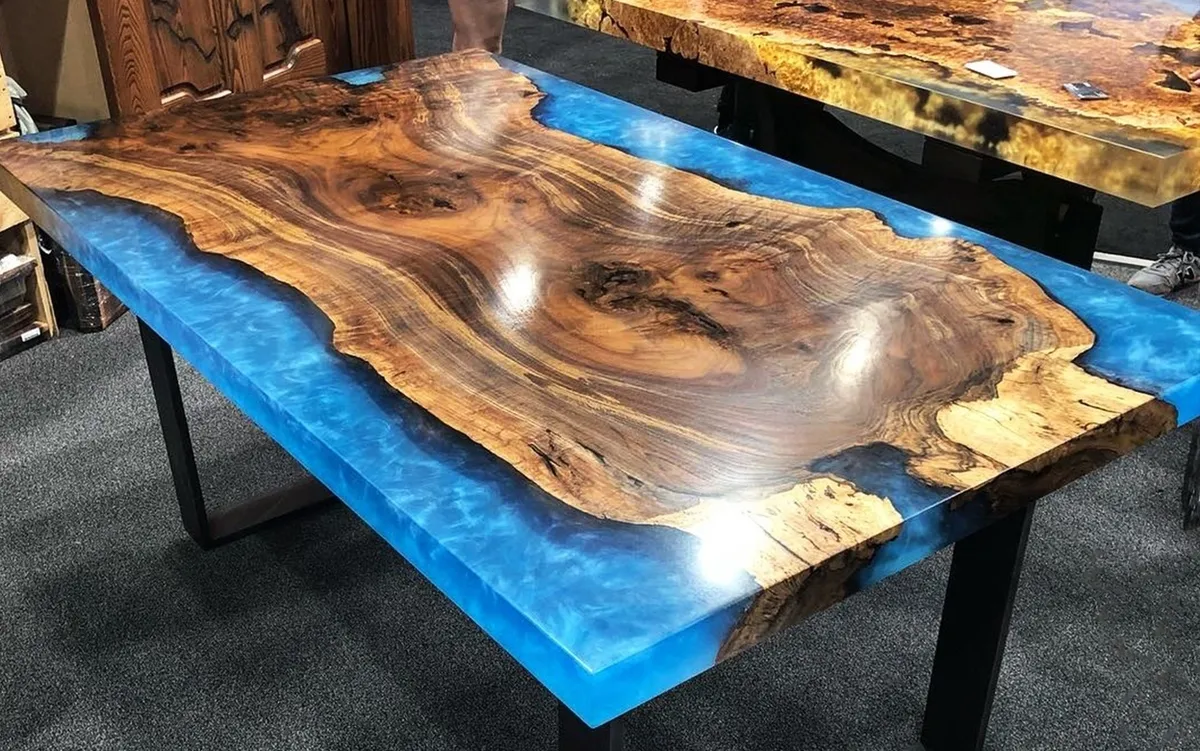Iranian Researchers Use Nanotechnology to Produce Water-Based Polyurethane Resin

Kimia Resin Behsan Company for the first time in Iran produced water-based polyurethane resin based on nanomaterials. Lack of volatile organic solvents in making the product has made application of the resin on the desired surface much easier in just one step without the need to use different solutions.
Also, the use of nanoparticles in manufacturing the product has made the size of the resin’s particles between 10 to 70 nanometers.The small dimensions of the resin components improve its adhesion and its fuller and better penetration into the desired surfaces, including wood and leather.
The product is 33% solid, which is the highest level of the solid part in resins which provides the possibility of creating an appropriate thickness when applying the resin on different surfaces. However, this amount can be changed based on the user needs.
In a relevant development earlier this year, Iranian researchers produced woven carbon fiber fabrics impregnated with resins for the first time in Iran.
Woven carbon fibre fabrics can be impregnated with polymer resins in order to produce a very stiff and lightweight material.
"For the first time in Iran, we decided to use carbon fiber fabric impregnated with resins by a group of young researchers in our country in order to meet demands in the field of health including various orthoses in the field of rehabilitation. The project could be very useful in industries such as manufacturing drone, aerospace industries, automotive industries and in general in industries where stiff and lightweight material is used,” said Meissam Metaji, a PhD student in ergonomics at Tabriz University of Medical Sciences and the executive director of the project to produce woven carbon fibre fabrics, according to the public relations department of USWR.
The researcher said that after he and his teammates found out that domestic needs for woven carbon fibre fabrics is met by importing foreign materials, they decided to produce it inside the country to meet domestic needs. “Considering the various applications of this product, we took advantage of the advice of the Center for the Development of Medical Equipment and Rehabilitation Science, Rehabilitation and Social Health to investigate, conducted various studies, and performed numerous tests,” Metaji also said.
He said that domestically production of the mentoined product enjoys a number of advantages over the imported ones such as lower price, being more economic friendly by emitting less greenhouse gases, more availability, and less weight.
4155/v





















